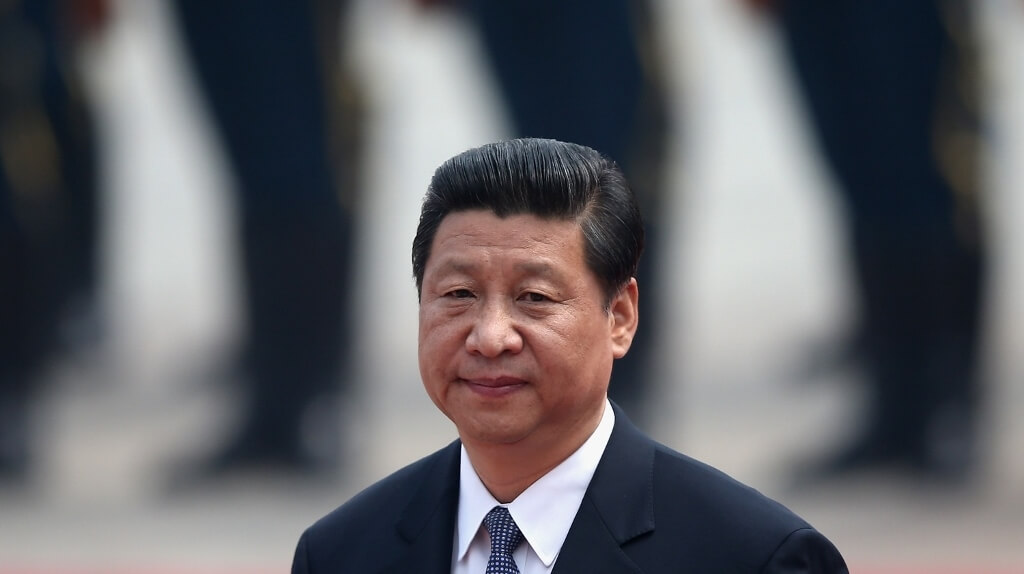Africa is becoming a global superpower and countries around the world are investing in it's next phase of growth. Using the case study of Nigeria, House of Kaizen's David Shiell assesses the opportunities and risks.
Africa is set to be the new China in terms of business opportunity. Per-capita GDP has more than doubled in the past decade, and according to Deloitte, seven of the 10 fastest-growing countries in the world are in Africa, with a third of the continent's population classified as middle class.
Many of the world’s strongest players are already investing in Africa. In 2015, the Chinese government announced its plans to invest $60 billion in Africa over the next three years, pumping money into poverty reduction initiatives, industrialisation, infrastructure, and health.
The Chinese are proven investors in long term future proofing and its investment in Africa reflects this as it’s focused on securing a key, long-term global partner that can supply it with diverse minerals, talent shortages and strategic military positioning.
Furthermore, Nigeria and the United Arab Emirates (UAE) recently signed six agreements to enhance bilateral relations. And in January the Japan External Trade Organization (JETRO) announced it would work closely with the Nigerian Investment Promotion Commission (NIPC).
The deal will promote Nigeria’s abundant investment opportunities to Japanese business communities in order to encourage investment in the country and boost foreign direct investment.
From an advertising and digital marketing perspective, the opportunity in Nigeria is borne out of the huge, young population (62% of Nigeria’s population is under 25), fast-growing middle class, and rapid adoption of technology – particularly mobile.
The mix of mineral wealth and this young population is buoyed by an improved infrastructure, increasingly transparent governance and widespread education. Nigeria is set to blossom into a 21st Century powerhouse.
The void of functioning ecommerce companies in Nigeria means the opportunity for businesses is mind-blowing. In addition, very little start-up capital is required, labour costs are cheap and taxation relatively low. Nigeria is one of the largest free market economies in Africa, having enjoyed sustained economic growth for a decade, with annual real GDP increasing by around 7%.
Five musts for launching a business in Nigeria:
- When opening in a new territory, you must be even more careful than usual about choosing partners and team members – have a ‘go to’ person on the ground that you trust who can help facilitate introductions
- Never assume that a model that works in your home territory will be successful in the new market
- Don’t try and run a business by remote control – visit your new office regularly
- Things are likely to take longer than anticipated – always remember that patience is a virtue
- Everything is a negotiation in Nigeria, and I mean everything!
But the opportunities can come with difficulties.
There will always be potential pitfalls when opening an office abroad, and Nigeria is no different. Corruption is still endemic, but huge strides have been made with improvements in governance and transparency.
Widespread access to the internet has meant the worst forms of corruption are becoming harder to get away with and ignore. Other potential pitfalls such as poor transportation links and inefficient power supply will also soon be a thing of the past.
The most important challenge to be aware of is the shifting sands of Government. Corporate taxation and licensing requirements can change rapidly and are often poorly communicated. Unnecessary levies and duties, bureaucratic bottlenecks at various government agencies and the high cost of obtaining business licenses can all take a toll.
At House of Kaizen, we spent six months working remotely with a partner in Nigeria before opening our office in Lagos in 2009. This time was invaluable to understanding the culture and market before opening shop. Even after six months of preparation we still had plenty to learn.
Nigeria’s culture is shaped by more than 521 languages, with over 250 dialects and ethnic groups. The country is almost equally split between Islam in the north and Christianity towards the south. Showing passion for local culture and interest in Nigeria’s heritage will help you build trust and loyalty, something for which there are no shortcuts.
Nigerians are immensely proud people. Their positive national pride and incredible self-control are their strongest qualities and those looking to make lasting connections should take heed.
When starting out your business in Nigeria there will likely be a consistent “no” through much of the new business dance, but it can switch very quickly to a “yes” once a certain level of trust, advocacy and education is reached.
Using local, referred professionals with a strong past history in working with those from your home country is invaluable. They should have good knowledge of local customers, culture and relationships and minimise the time it takes to get your foundations in place.
Most importantly, have patience – expanding into Africa will take a lot of time, but if you do your homework, you will reap the rewards.
Thanks for signing up to Minutehack alerts.
Brilliant editorials heading your way soon.
Okay, Thanks!



